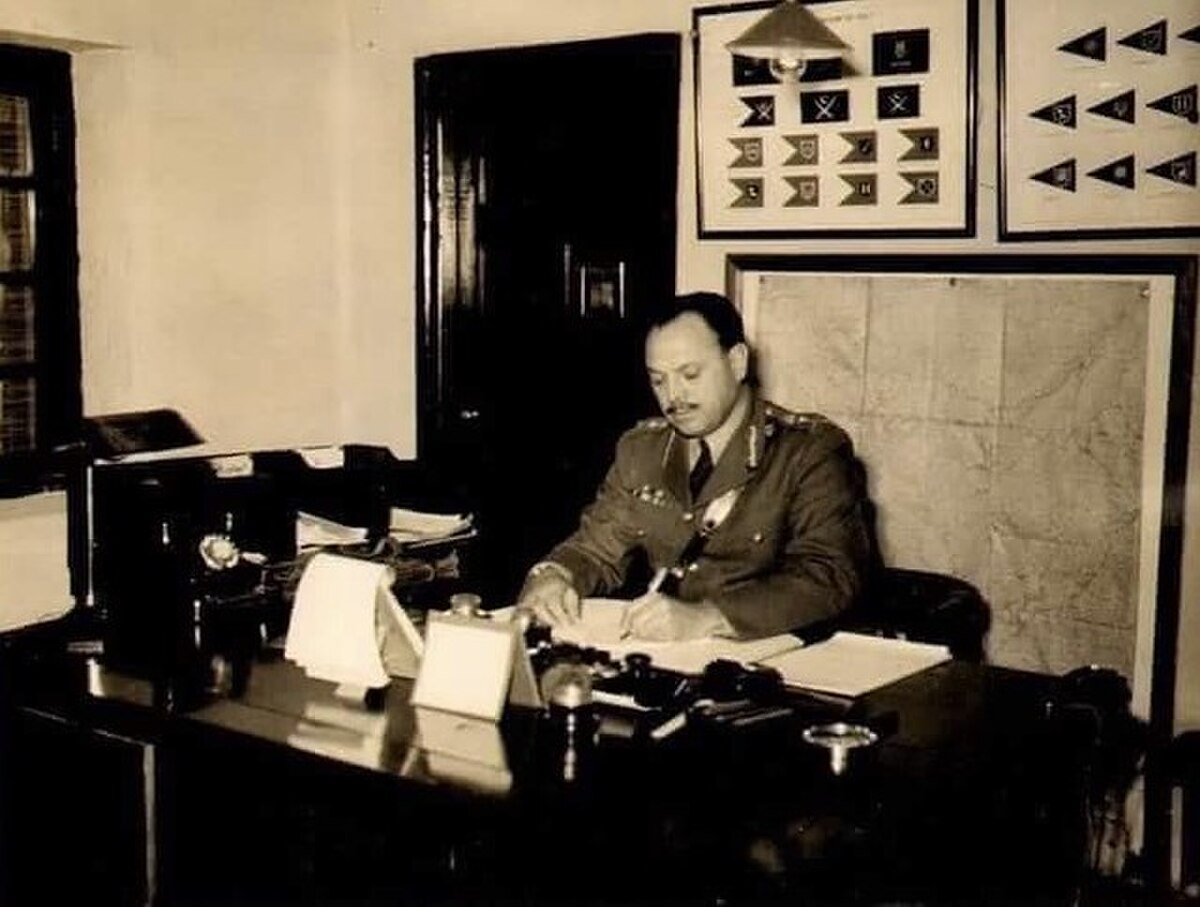
1958 Pakistani Military Coup
PakistanThe period leading up to Ayub Khan's declaration of martial law in Pakistan was marked by political instability and sectarian politics. The government, perceived as failing in its governance, faced issues like unresolved canal water disputes affecting the agriculturally reliant economy, and challenges in addressing the Indian presence in Jammu and Kashmir. In 1956, Pakistan transitioned from a British Dominion to an Islamic Republic with a new constitution, and Major General Iskander Mirza became the first President. However, this period saw significant political turmoil and a rapid succession of four prime ministers within two years, further agitating the populace and the military.
Mirza's controversial use of power, particularly his One Unit scheme merging Pakistan's provinces into two wings, East and West Pakistan, was politically divisive and difficult to implement. This turmoil and Mirza's actions led to a belief within the military that a coup would be supported by the public, paving the way for Ayub Khan to assume control.
On October 7, President Mirza declared martial law, abrogated the 1956 constitution, dismissed the government, dissolved legislative bodies, and outlawed political parties. He appointed General Ayub Khan as Chief Martial Law Administrator and proposed him as the new Prime Minister. Both Mirza and Ayub Khan viewed each other as competitors for power. Mirza, feeling his role was becoming redundant after Ayub Khan had taken over the majority of the executive authority as the chief martial law administrator and prime minister, tried to reassert his position. Conversely, Ayub Khan suspected Mirza of plotting against him. Reportedly, Ayub Khan was informed about Mirza's intention to arrest him upon his return from Dhaka. Ultimately, it is generally believed that Ayub Khan, with the support of loyal generals, compelled Mirza to step down.[14] Following this, Mirza was initially taken to Quetta, Baluchistan's capital, and then exiled to London, England, on November 27, where he lived until his passing in 1969.
The military coup was initially welcomed in Pakistan as a respite from unstable governance, with hopes for economic stabilization and political modernization. Ayub Khan's regime received support from foreign governments, including the United States.[15] He combined the roles of President and Prime Minister, forming a cabinet of technocrats, military officers, and diplomats. Ayub Khan appointed General Muhammad Musa as the new army chief and secured judicial validation for his takeover under the "Doctrine of necessity."
